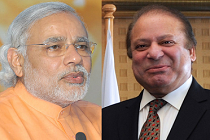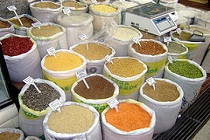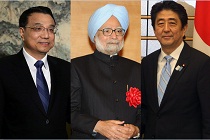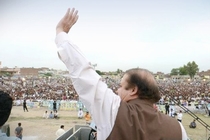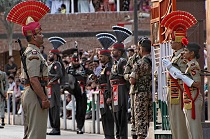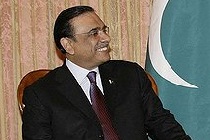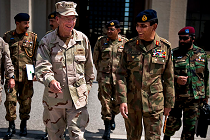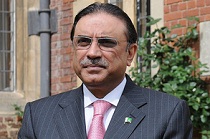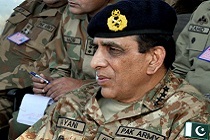Elections: a view from Pakistan
Preoccupied with Pakistan’s internal politics, the media has shown little interest in the Indian elections. Nor has the Pakistani establishment expressed concerns about Modi’s ascendancy. But the relationship between Indian Muslims and the BJP led government – if it comes to power – will be a concern for Pakistan

